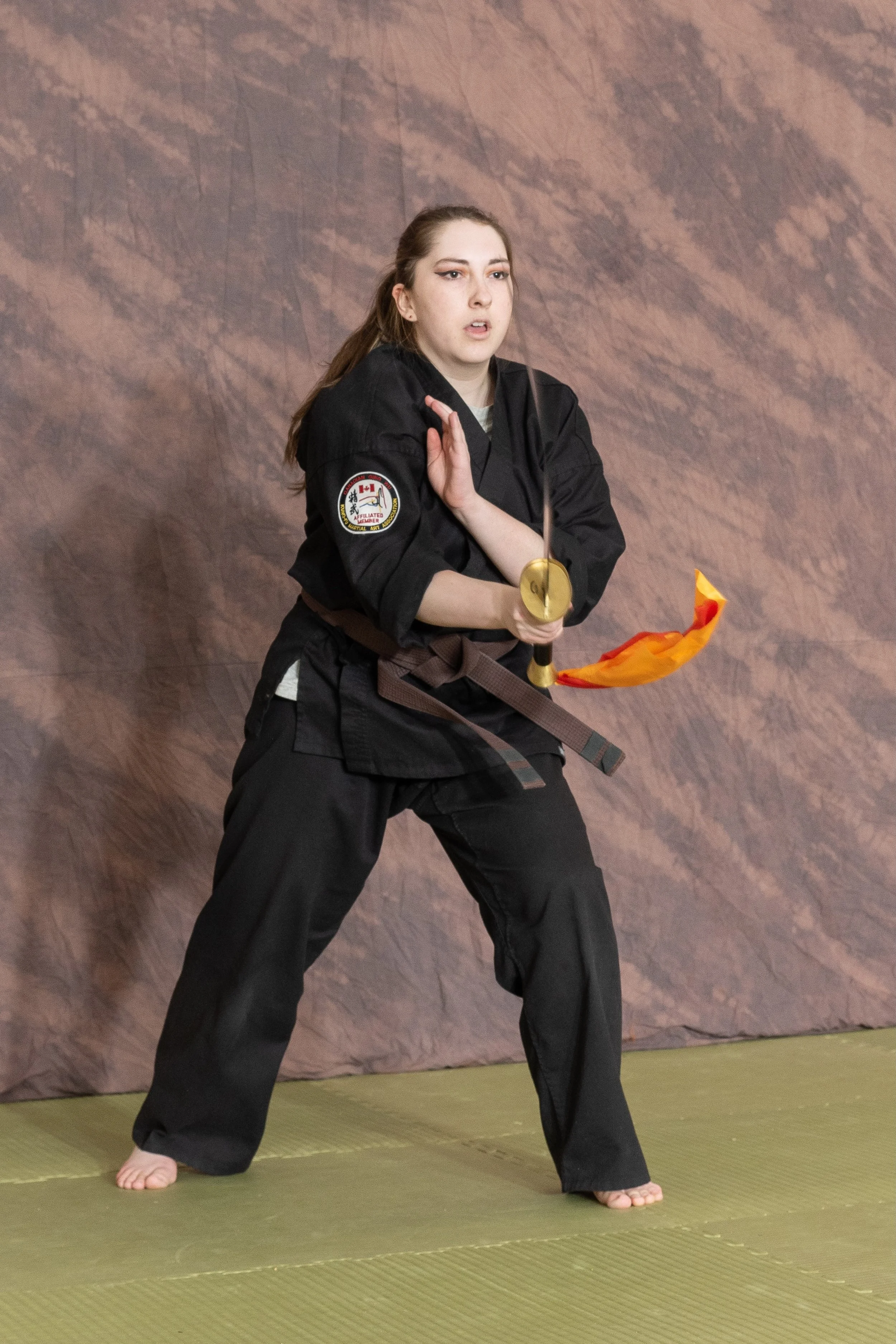Black Belt Grading Evolution
In light of how ill-prepared candidates tend to be when it comes to their actual grading, it is obvious that our current method is not working.
Our current method is built around the I Ho Chuan process. The idea is for the candidates to faithfully use the process consistently throughout the year to evolve into well-prepared black belts who are able to adequately challenge the black belt grading day.
Since its inception in 2011/2012 as a mirror to the Ultimate Black Belt Test, the IHC process has not fulfilled its promise. While the process has been proven to work, only two people have ever followed it to the letter. Both those people found the actual grading day to be easily managed and both passed the grading with flying colours.
The I Ho Chuan is expected to be the main tool for our candidates to achieve black belt status, but it is not the only tool or the only way. The idea was for the majority of candidates to use the IHC process while a few outliers may find another path. The problem that exists today is that out of all the candidates in the past 10 years, only two have actually used the IHC process to achieve their goal while the rest have been the outliers trying to achieve black belt through other means and strategies.
With these irrefutable historical facts in front of us, I feel that the time is ripe for us to make decisive changes that address these known issues as opposed to adding even more tools to the process. I believe that by eliminating most of our current tools and funneling the candidates deeper into the IHC environment, we will reverse the trend from the IHC process users being the outliers of the grading process. We have had 100% success with the candidates who have focused on the IHC process so I have no reason to believe we need any other tools for the candidates to prepare for their black belt.
PROPOSED PROCESS
Consistently frame the IHC process as the actual Black Belt Grading and eliminate grading day in its current form. This will force ALL candidates to embrace the process and cease counting on last minute changes and the grading day itself to pull their efforts out of the fire.
Quantify the candidates’ grading year by establishing a grading scale that takes into account four main categories:
Forms - grades based upon what we are seeing in class and seminar opportunities
Fitness - grades based upon three fitness tests conducted throughout the year during their in person classes or other seminars and events.
IHC Requirements - grades based upon their consistent fulfillment of their IHC commitments.
Engagement - grades based upon their overall attendance record in their core classes, their teaching commitments, and their participation in SRKF school events and activities.
We are already mostly there. We have eliminated the syllabus and fitness requirements from the students’ eyes and we have simplified the syllabus (forms-wise) to help the students narrow their focus on what is most important. We now need to eliminate the grading day in its current form and transition it to a shorter day where they have qualified to attend based upon achieving a minimum grade in the four main categories. I believe grading day can be reduced to only the personal demo that can include their five applications and four board breaks.
The idea of this new process will be to instill a sustainable training discipline within the candidates that will ensure their adequate skill and effort at the end of the year-long process. The grading day will provide the final sense of accomplishment within the candidates without giving them an alternate path around the IHC process.
If we can establish a real-time grade for each candidate, there will be a constant reminder for them to stay engaged with their IHC requirements and empower them to make the adjustments necessary to qualify to present their demo on grading day.

